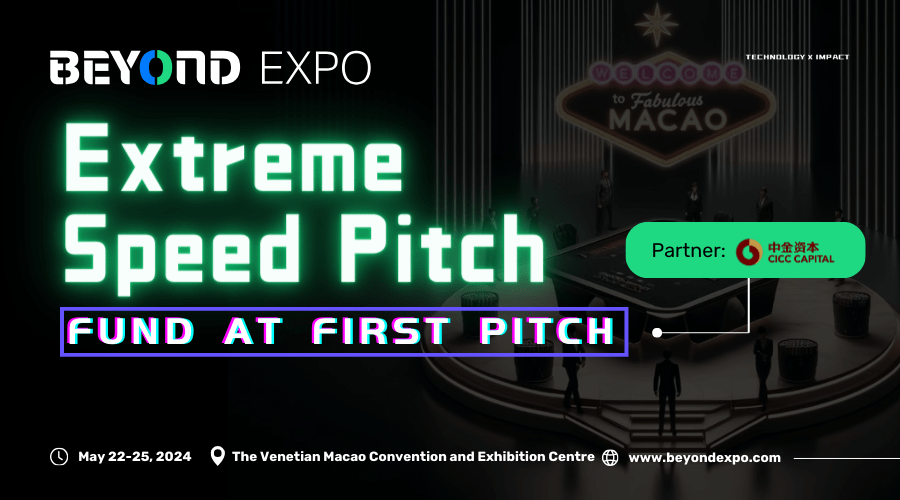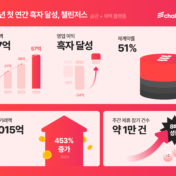Sparklabs is a South Korean startup accelerator founded by experienced entrepreneurs Bernard Moon, Hanjoo Lee and Jimmy Kim. Bernard is Co-founder & CEO of Vidquik, a web conferencing & sales solutions platform. Previously he has worked with the Lunsford Group, GoingOn Networks and iRG, a leading boutique investment bank in Asia, where he focused on TMT companies.
Sparklabs recently selected its first class of startups.beSUCCESS caught up with Bernard to learn more about their mentorship process and accelerator. Excerpts:
process and accelerator. Excerpts:
How does the mentorship process at SparkLabs work and how do you match the startups with mentors?
SparkLabs sees active mentorship as essential to helping our startups increase their chances for success. We assume they are already good at execution and are passionate entrepreneurs, so we're trying to fill the knowledge and network gap that can bridge the difference between good to great and between being limited to the Korean market and becoming a global player.
Our mentoring is a two-prong approach. First, we match each of our companies with 5-6 mentors based on their needs, what stage they are at, their requests and the strengths and experiences of a mentor. Also geographic expertise is a factor since some of our companies might be targeting Japan as their first foreign market versus the U.S. or China.
Second, Jimmy, HanJoo and I provide direct mentorship to each of our companies. They are able to access our knowledge, network and time during the 3-month period of the program. While it's only been two weeks into our first class' program, their energy and enthusiasm is incredible and we appreciate their excitement for SparkLabs.
What are some of the challenges the Korean startups face that you are helping them with?
It varies depending on the stage of the company, type of product, industry they play in and what's missing on their team. Some need help on developing their product for a certain foreign market, guidance on how and when to establish their entity abroad, who best to strategically partner with and how to approach them, and how to position themselves in the strongest way to receive investment from U.S. investors. We have even gone to the core of whether their current product has great market potential and if they need to pivot.
Regarding funding, what hurdles do you see for Korean companies?
Comparing the U.S. ecosystem to Korea, I see a few major differences. First, there is a lack of angel investors. Silicon Valley has always replenished their ecosystem with successful IPOs and exits, from Yahoo to Google to Facebook. While not all of the numerous Google millionaires became angel investors, many have, thereby spur supporting the next generation of entrepreneurs, same with Linkedin, Facebook and other successful acquisitions. Korea missed out since NHN and Nexon didn't help create such valuable ecosystems for entrepreneurship to flourish. There should have been at least hundreds of angel investors add to the ecosystem in Korea, but cultural and legal/policy issues prevented it.
Second, there is a institutional gap in the funding landscape in Korea. There is a small ecosystem of angel investors, but even a smaller number of Series A investors. When companies really need to take off or consider expansion into new markets, there are a very small number of venture capital firms who invest $3-$5 million, which is needed to help successful startups take the next stage of growth.
Over the years, I have met with several Korean startups visiting me in Palo Alto seeking advice on how to raise capital from venture capital firms in Silicon Valley since the pool was limited in Korea. You can almost say Korean startups face a "Series A Double Crunch." There is already a "Series A crunch" in Silicon Valley, so Korean startups seeking capital outside of Korea face a double crunch.
How do you plan to keep the mentorship process active after the first batch ends?
The mentorship process ends at 3 months. If a mentor and the startup have created a strong bond, then it will be independently up to both parties if they want to continue and formalize the relationship. Jimmy, HanJoo, Jay, Awy, and I will continue to help out the first class (and second, third and so on) after the 3-month program ends ways we can. We want to build a strong supportive culture, so once you're part of SparkLabs you're part of the family.





